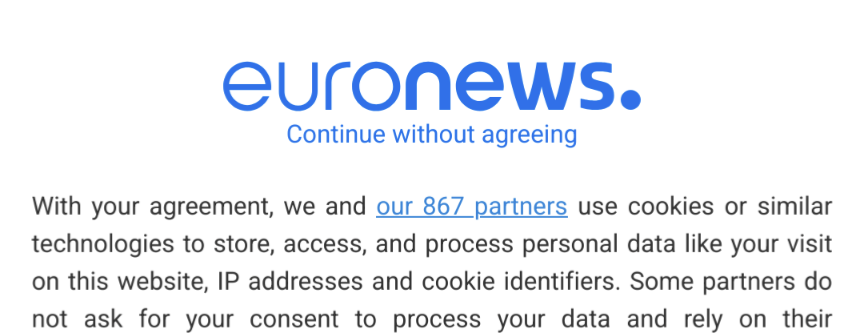- cross-posted to:
- europe@feddit.org
- cross-posted to:
- europe@feddit.org

Yeah, not touching that website with a 30 foot pole
To sum up, Aldi did the same thing a lot of retailers do, which is raising their prices and then having a “sale,” they got caught, and the court agreed they did it. No info about any kind of consequences.
Interestingly, they still followed the law that requires you to show the lowest price in 30 days which was the same as the sale price. Their argument is that the law doesn’t say that they can’t base the discount on some other, higher price.
Which does kinda have a point - if you had to base it on that price, if you have e.g a summer sale that lasts two months, after 30 days that sale price is now the lowest price and the sale would “disappear”, even if for the other 10 months you’d be selling it for a higher price.
So what’s the situation if you have a one week sale, one week normal price, then another sale - 30 day lowest price is the same, but the discount is valid too?
I wish someone would take a look at ‘Clubcard Prices’ and ‘Nectar Prices’ etc. Ie discounts if you have the loyalty card.
I’m sure they’re just a way to circumvent trading standards legislation about needing to have been on sale at the higher price before starting a sale. Because it’s not a sale is a ‘club price’. The store can show a massive discount when it was never on sale at the undiscounted price anyway.
Man Aldi’s not you too you’re the cheapest and closest grocery store to me
Now a lot of companies selling gaming digital goods should get nervous, as they do this 100% of the time.



